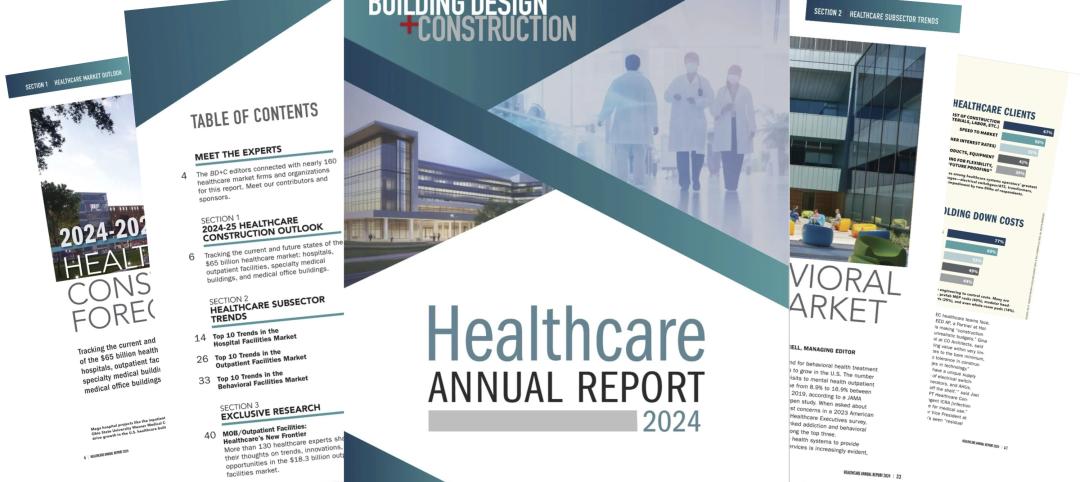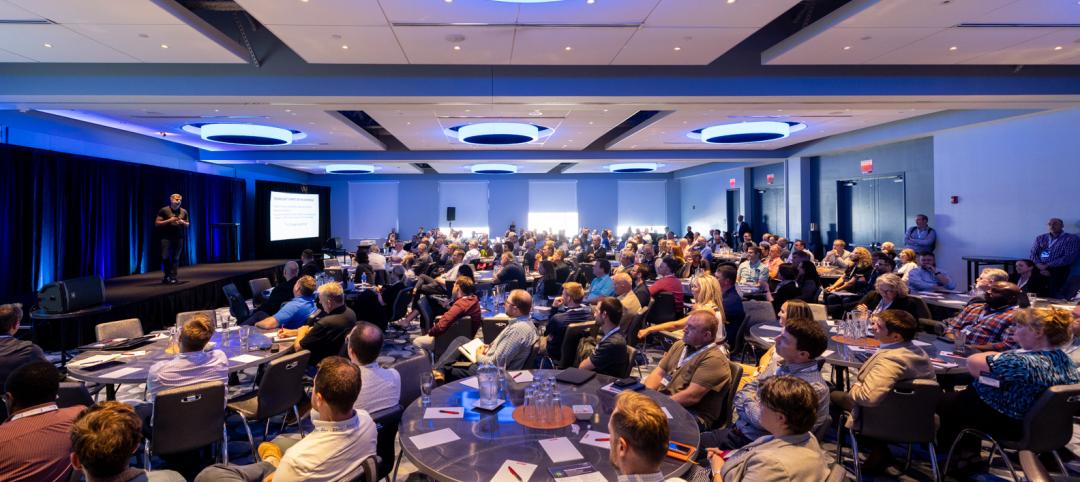In 2017, the A.T. Kearney Foreign Direct Investment Confidence Index concluded, “Investors are bullish about economic growth and FDI [Foreign Direct Investment] prospects, but are monitoring political risks for abrupt changes to the business environment.”
Fast-forward to 2018, and that monitoring is heightened. Trade negotiations and legislation having an impact include: The Tax Cuts and Jobs Act, President Trump’s renegotiation of NAFTA and other trade agreements, the Foreign Investment Risk Review Modernization Act of 2017 (FIRRMA), and tariffs and trade wars.
Some of these actions may have their intended effect of protecting U.S. companies and the nation’s security. For example, the construction industry should reap benefits from tax cuts that lower their effective tax rates. But while easing financial burdens on U.S. businesses—especially small businesses—may be good for the economy, there is widespread concern regarding actions seen as hostile to international trade. Governmental proceedings, as they unfold day-to-day, are very dynamic and fluid. They represent a confluence of political, economic, security, and social issues, and the complexity of the situation is currently causing large international companies to press pause on their investments.
Yet FDI is critical to a thriving domestic economy. According to the Office of the Chief Economist within the U.S. Department of Commerce, “FDI supports a host of benefits in the United States, such as good jobs and innovation resulting from research and development.” And historically, the U.S. has been about average in terms of its restrictiveness on foreign investment. Currently, however, Congress is reviewing FIRRMA, a proposed bill that seeks to protect national security by limiting foreign control of the country’s critical infrastructure.
Significant upheaval was triggered in the first half of 2018, when the White House announced a 25% tariff on foreign-made steel and 10% tariff on aluminum. The action was largely a response to China’s perceived “dumping” of cheap steel and it made a statement about the Trump administration’s attitude toward global trade relations and the perceived status quo.
Maintaining a healthy global economy based upon reciprocal economic relationships—and with the U.S. as an equitable participant—is key to the stability of our own economy.
Stakes rose much higher in early July, when the U.S. imposed an additional 25% tariff on $34 billion of goods imported from China. China responded with an equivalent tariff on $34 billion of goods it imports from the U.S. By July 10, the Trump administration had released a list of $200 billion worth of Chinese goods that could be subject to 10% tariffs. Hearings on these proposed tariffs are scheduled to occur Aug. 20-23.
Beyond this escalation between the world’s two largest economies, Canada announced that it would match (but not escalate) the dollar value of the U.S.’s steel and aluminum tariffs with tariffs of its own, with affected products including consumer goods. Europe is pondering how it can respond to U.S. tariffs without becoming embroiled in a damaging trade war—a task made more difficult by President Trump’s threats to impose tariffs on European auto imports. Switzerland, Russia, China, India, Canada, Mexico, Norway, and the European Union have begun working with the World Trade Organization (WTO), pursuing dispute settlement.
It’s impossible to judge just how long the domino effect will continue. Some experts are predicting that Europe, China, and other economic powerhouses will form mutually beneficial trade relationships with one another that exclude the U.S.
According to consulting and research firm Rhodium Group, Chinese acquisitions and investments in the U.S. fell 92% in the first five months of this year. CSNBC recently reported “Foreign direct investment worldwide is on the decline due to trade war fears, immigration, and protectionist policies.” This follows FDI that was already in decline. According to the United Nations World Investment Report 2018, global foreign direct investment fell by 23% in 2017, and the UN expected it to grow little (or not at all) in 2018. On July 11, the Bureau of Economic Analysis (BEA) released numbers on expenditures initiated by foreign investors in 2017 (the latest available data), and those expenditures were down 32% since 2016.
Various experts have reported that the construction industry is already feeling the effects of the recent tariffs, not only with higher steel and aluminum prices, but with higher prices on Canadian lumber. The news outlet Route Fifty shared a Moody’s Investors Service report which found that “states with the greatest trade dependency on China, Canada, and Mexico are at highest risk of seeing their tax revenues decline—namely Michigan, Kentucky, and Louisiana.” The report also identified manufacturing hubs like Detroit and Greenville, S.C., as well as port cities, as being at high risk.
FDI raises the standard of living for communities and creates opportunities for construction companies across the U.S. Maintaining a healthy global economy based upon reciprocal economic relationships—and with the U.S. as an equitable participant—is key to the stability of our own economy.
Brian Gallagher is Vice President of Marketing with O’Neal Inc., an integrated architecture, engineering, and construction firm. He can be reached at bgallagher@onealinc.com.
Related Stories
Codes and Standards | Jul 15, 2024
New York City code update changes definition of a major building
Changes affecting how construction projects in New York City are permitted will have significant impacts for contractors. On Dec. 11, the definition of a major building in the city’s code will change from 10 stories to seven, or 75 feet. The change will affect thousands more projects.
Adaptive Reuse | Jul 12, 2024
Detroit’s Michigan Central Station, centerpiece of innovation hub, opens
The recently opened Michigan Central Station in Detroit is the centerpiece of a 30-acre technology and cultural hub that will include development of urban transportation solutions. The six-year adaptive reuse project of the 640,000 sf historic station, created by the same architect as New York’s Grand Central Station, is the latest sign of a reinvigorating Detroit.
Healthcare Facilities | Jul 11, 2024
New download: BD+C's 2024 Healthcare Annual Report
Welcome to Building Design+Construction’s 2024 Healthcare Annual Report. This free 66-page special report is our first-ever “state of the state” update on the $65 billion healthcare construction sector.
Transit Facilities | Jul 10, 2024
Historic Fresno train depot to be renovated for California high speed rail station project
A long-shuttered rail station in Fresno, Calif., will be renovated to serve as the city’s high speed rail (HSR) station as part of the California High-Speed Rail Authority system, the nation’s first high speed rail project. California’s HSR system will eventually link more than 800 miles of rail, served by up to 24 stations.
Government Buildings | Jul 8, 2024
GSA adopts new accessibility guidelines for federal properties
The U.S. General Services Administration (GSA) adopted a new rule with new accessibility guidelines for federal buildings. The rule establishes that pedestrian facilities in the public right-of-way are readily accessible to and usable by people with disabilities.
Office Buildings | Jul 8, 2024
Office vacancy peak of 22% to 28% forecasted for 2026
The work from home trend will continue to put pressure on the office real estate market, with peak vacancy of between 22% and 28% in 2026, according to a forecast by Moody’s.
Green | Jul 8, 2024
Global green building alliance releases guide for $35 trillion investment to achieve net zero, meet global energy transition goals
The international alliance of UK-based Building Research Establishment (BRE), the Green Building Council of Australia (GBCA), the Singapore Green Building Council (SGBC), the U.S. Green Building Council (USGBC), and the Alliance HQE-GBC France developed the guide, Financing Transformation: A Guide to Green Building for Green Bonds and Green Loans, to strengthen global cooperation between the finance and real estate sectors.
Codes and Standards | Jul 8, 2024
New York State building code update would ban fossil fuels in new buildings
New York’s Building Code Council is set to include the All-Electric Buildings Act in its 2025 code update. The Act would ban natural gas and other fossil fuels in new buildings.
AEC Tech Innovation | Jul 4, 2024
Caution competes with inevitability at conference exploring artificial intelligence for design and construction
Hosted by PSMJ, AEC Innovate in Boston found an AEC industry anxiously at the threshold of change.
Building Team | Jul 3, 2024
So you want to get published: What’s next?
In the AEC industry, securing media attention is no longer a niche endeavor but an essential component of a holistic marketing strategy.

















